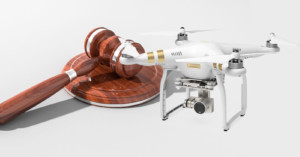
FAA Trumps Local Govt When It Comes to Drone Laws, Court Rules
A new landmark ruling by a federal court has affirmed that the FAA holds a greater say in drone regulations than local governments across the United States.

A new landmark ruling by a federal court has affirmed that the FAA holds a greater say in drone regulations than local governments across the United States.
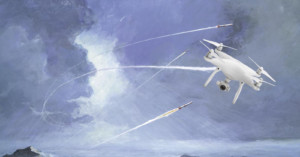
Your camera drone can now be shot down with US government permission if you fly it over a military base. That's a new policy that was recently signed off on by the Pentagon.
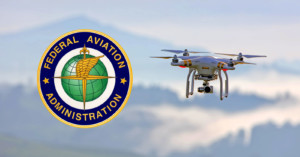
In late 2015, the FAA began demanding mandatory registration of most drones, including most consumer camera drones that were exploding in popularity. Earlier in 2017, however, a federal court ruled that casual drone owners do not need to register. Now the FAA is offering registration deletions and refunds.
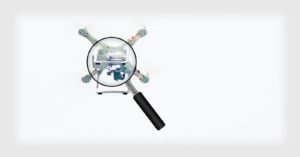
Ever since camera drones first became available to the average consumer, authorities across the world have had growing concerns about them. No-fly zones are being widely established, and regulations are becoming stricter to restrict when, where, and how the unmanned aircraft can fly. Now the FAA is looking into developing a system to identify drones from afar.
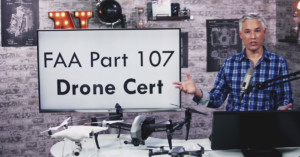
If you want to fly a drone for commercial purposes in the US, you first have to pass the FAA’s Part 107 sUAS test. This free 1 hour 45 minute guide from Tony Northrup is a hugely useful resource for your studies.
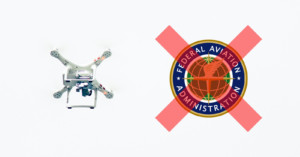
Heads up: if you're the new owner of a camera drone in the United States and you're not planning to fly the drone commercially, you no longer have to register the drone with the FAA. That's the decision handed down today by a federal court in Washington, D.C.
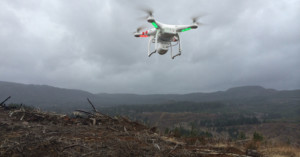
DJI Technology Inc, the largest civilian drone maker, is claiming in a new study that “59 lives have been saved by civilian drones in 18 different incidents, with one life a week being saved by drones on average.”
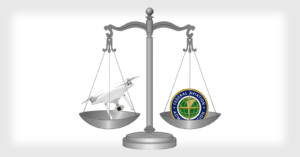
Drone manufacturer DJI is speaking about about the FAA's drone rules. In a white paper released last week, DJI stated that the FAA’s present regulations about what size drones pose a risk to humans are based on, "poorly chosen data and deeply flawed assumptions."
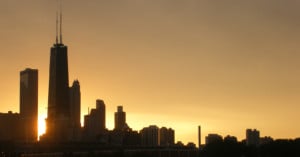
In case you were wondering, the answer is "Yes," the FAA means business when it comes to drone operators violating airspace regulations. This unfortunate lesson comes at the hefty cost of $200,000 for one Chicago-based company.
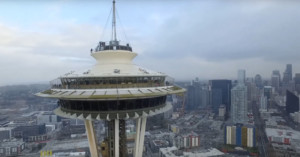
A drone pilot crashed his camera drone into Seattle's iconic Space Needle on New Years Eve, and they may now be facing charges.
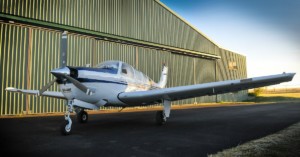
I hold a private pilot certificate, as well as a remote pilot certificate; I am also a photographer. I just wanted to share with you some advice from a budding pilot who comes from the much larger world of flying that is general aviation.
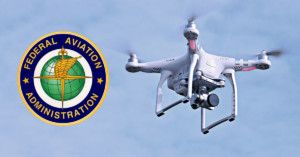
Heads up: if you fly a camera drone commercially, the FAA's new rules just went into effect. Announced back in June 2016, the rules govern how small commercial drones must be operated.
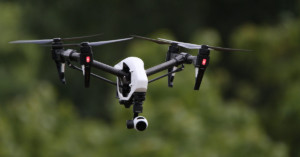
The FAA's long-awaited regulations for commercial drone use have finally arrived. Finalized and posted yesterday, the "Part 107 Rule" explains how old you have to be, what kind of certification you need, and how you're allowed to fly your drone if you're using it for commercial purposes.
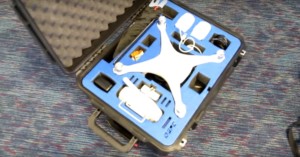
Colin Smith of photoshopCAFE recently got kicked off his Southwest Airlines flight. And according to Smith, it wasn't because he was carrying something dangerous or causing a scene or taking pictures when he wasn't allowed—no, he was kicked off for being a responsible drone owner.
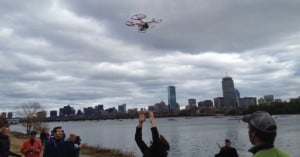
The FAA has been scrambling to come up with appropriate rules for multi-rotor camera drones since the flying machines took the world by storm a few years back. And while the first set of proposed rules were revealed a little over a year ago, it seems a US Government committee is already working on a very important update.
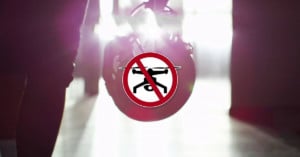
The Federal Aviation Administration announced this week that this year's Super Bowl this Sunday will come with a "No Drone Zone." All drones will be banned in a 32-mile radius around Levi's Stadium in Santa Clara, California, during the football game.
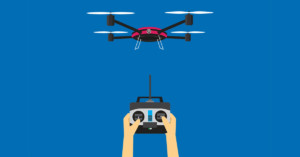
The federal drone registration system officially opened this week, and the FAA says that over 45,000 owners have already registered their drones. At the same time, there have been reports of glitches that may have exposed customer information to strangers.
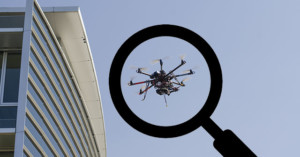
If you are the owner of a camera drone and are big on privacy, this news may be concerning to you: the mandatory drone registry that's being launched by the FAA will make your name and address available to the public.
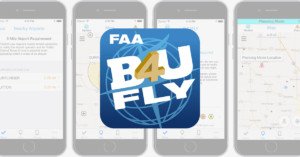
Since May of 2015, the U.S. Department of Transportation’s Federal Aviation Administration (FAA) has been beta testing a new smartphone app called B4UFLY (pronounced "before you fly"). It's a portable resource that helps aerial photographers and other drone pilots stay up to date on where it's safe and legal to fly.
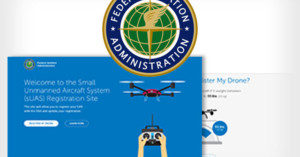
The FAA announced its drone registration process today, a couple of months after announcing the registry: if you operate a drone that weighs over 0.55 pounds and less than 55 pounds, you'll need to register it by February 19, 2016. There's also going to be a $5 fee.
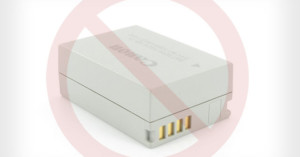
The FAA has published a new warning about the danger of storing spare lithium batteries in checked bags. The batteries, which are widely used in the photography industry to power things like cameras and lighting equipment, "present a risk of both igniting and fueling fires in aircraft cargo/baggage compartments," the FAA says.
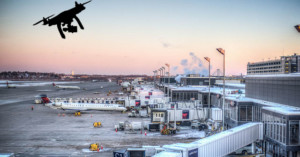
As camera drone sightings near airports continues to rise, the US government exploring new technologies that could help automatically detect and identify photographers and other drone operators who are flying illegally near airports.
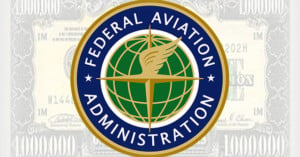
The US Federal Aviation Administration (FAA) announced yesterday that it's proposing an unprecedented $1.9 million fine against Chicago-based SkyPan International, a company that shoots aerial photos and videos with camera drones. This is the largest civil penalty ever proposed against a drone operator for endangering airspace safety.
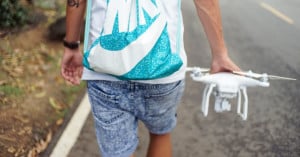
Drones present an exciting new world of possibilities for photographers looking to explore and capture their world. Never before has aerial photography been as accessible to the masses as it currently is thanks to companies such as DJI. However, to quote a line from Spiderman: “With great power comes great responsibility.” Drones can be dangerous if not used properly, and it is important to know the basics before taking off with your drone.

Camera drones piloted by unidentified individuals have been interfering with multiple firefighting operations led by firefighters in Southern California over the last couple of months. Now, San Bernardino County supervisors are seeking to identify the pilots and are offering up to $75,000 in rewards to anyone able to assist them in their search.
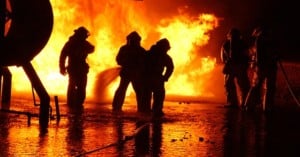
Flying an aerial drone over a raging fire can be quite problematic, so much so that it can endanger the rescue and recovery abilities of fire officials. Recently, two incidents created difficulties for fire officials trying to battle a 24,000-acre wildfire in Southern California. The drones were flown into airspace over the blaze that then prevented the department from using aircrafts in subduing the fire.
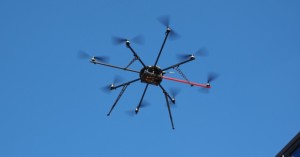
There have been multiple stories of drones getting shot out of the sky with shotguns in the past couple of years. Last November, we reported that a New Jersey man was arrested after shooting down a camera drone that was taking pictures over his property.
Now another drone pilot, Eric Joe, has just won a lawsuit against a disgruntled neighbor who blasted Joe's hexacopter out of the sky with a shotgun.
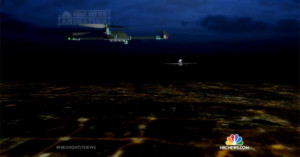
Some drone operator gave a pilot a scare this past Tuesday after flying the quadcopter way too close to an airport. A Virgin America flight reportedly came within 200 feet of the drone while landing at Dallas Love Field airport. To put that distance in perspective, consider this: the Airbus A319 airplane involved has a wingspan of about 117 feet.
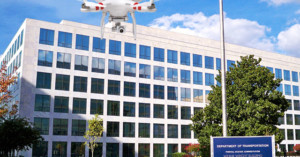
The FAA has confirmed a leak that emerged this past weekend by officially unveiling its proposed set of rules governing commercial drone flights. The guidelines are more lax than many people feared, and they represent a huge step toward the legalization of commercial drone flights -- including for aerial photography purposes.
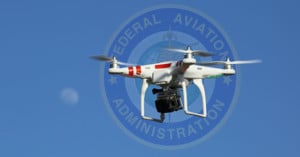
A newly leaked document by the Federal Aviation Administration may offer a first look at upcoming regulations for drones, and the laws discussed appear to be somewhat favorable for photographers who fly camera drones.
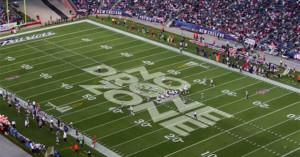
If you're anywhere near the University of Phoenix Stadium in Glendale, Arizona this Sunday while the Super Bowl is going on, you should keep your camera drone stored away. The FAA is warning the public that the Super Bowl is a "No Drone Zone": fly your drone anywhere within 30 miles of the stadium during the game and you're breaking the law.
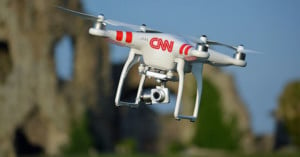
Last week we reported that an Arizona realtor has become the first in the US to receive Federal Aviation Administration approval for using a drone for real estate images. Yesterday, CNN announced that it has also received a nod of approval from the FAA.
The news company says it will partner with the FAA to "advance efforts" in using camera drones for "news gathering and reporting."
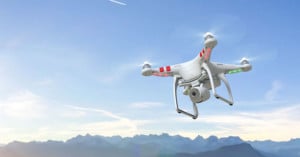
The Federal Aviation Administration is notoriously strict about the use of aerial camera drones for commercial purposes. Much of the commercial imagery you'll find online was captured "illegally" without the permission of the agency.
Yesterday, realtor Douglas Trudeau of Tucson, Arizona became the first real estate agent in the country to be given permission to use his drone for his property listings.
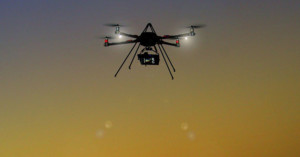
A new FAA report is confirming what we imagine many responsible camera drone enthusiasts fear: the number of idiotic drone pilots is on the rise, and they're threatening to ruin it for everyone or, far worse, cause a full-scale air disaster.
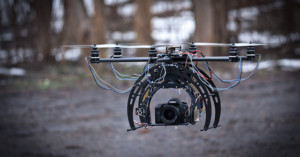
The FAA has been working on a set of regulations for commercial drone use for months now, and according to the most recent reports, the results of all that work are some extremely strict rules that include requiring a full-blown pilot's license if you intend to sell what you're capturing.
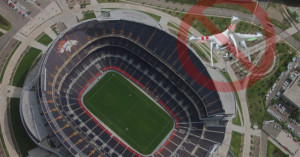
Earlier this year, we shared an interactive map showing where you aren't allowed to fly camera drones. The list is generally pretty simple: national parks, military bases, and 5 miles around major airports.
Here's another item to add to that list: major sport stadiums.
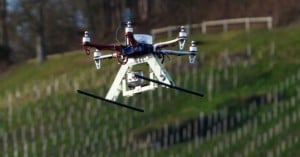
Government agencies aren't exactly known for speed or efficiency. Hank Green once said that, "if Congress was on fire they couldn't pass the 'pour water on Congress' bill," and most people would probably agree with him.
Fortunately, the FAA is defying the stereotype somewhat by taking concrete steps towards allowing properly regulated commercial drone photography and cinematography, the first of which was giving six production companies an official stamp of approval.
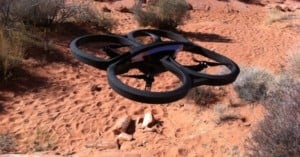
Photography drones are facing a perilous atmosphere of distrust and legal chaos. In these circumstances, even small mistakes can have big consequences. A shift in public sentiment against private drone usage could easily result in the application of restrictive regulations, or perhaps even conditional bans.

Last weekend, following the Fourth of July festivities, we shared a wonderful video of a Florida fireworks show as seen by a drone recording from within the show, perilously close to the colorful explosives. It wasn't the only such video to air post-Independence Day, however.
Others, including the video above shot by Robert Hartline in Nashville, TN also received tens of thousands of hits and, as it turns out, a bit more attention than he bargained for... Hartline is now being investigated by the FAA.
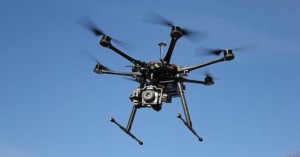
Although the battle between drone owners and the FAA carries on in terms of definitive laws and regulations, it looks like progress is being made. According to a report by Bloomberg, the FAA is looking to expedite the handing out of permits for owners of “low-risk” drones.